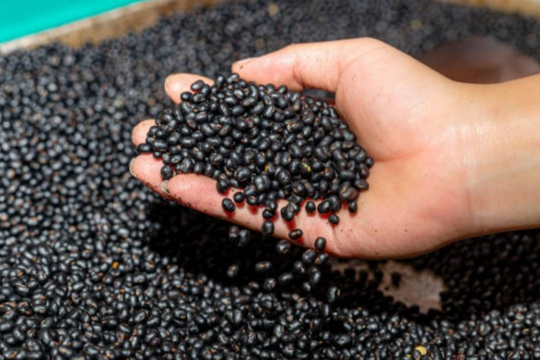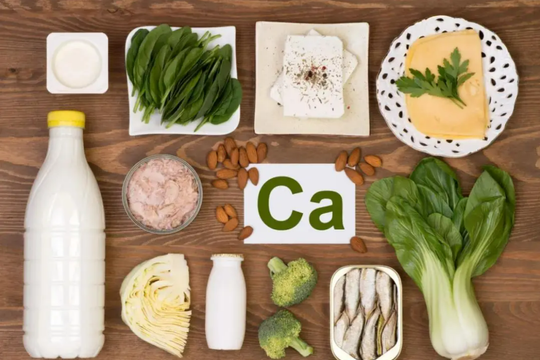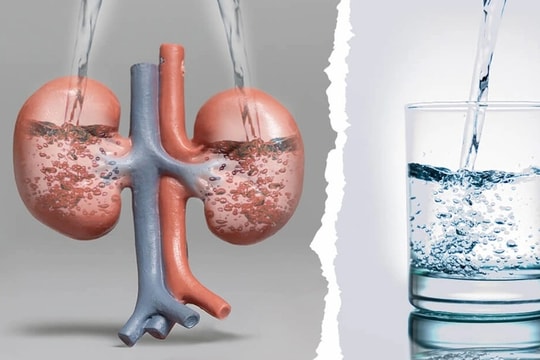How do the elderly supplement calcium to prevent osteoporosis without worrying about side effects?
Older adults are often advised to take calcium supplements to prevent osteoporosis, but too much calcium can significantly increase the risk of heart valve problems in older adults, contributing to heart failure.
Osteoporosis is a condition in which loss of bone density in older adults can lead to painful fractures, disability, and deformity. Although genetics and bone size influence the development of osteoporosis, bone loss can often be prevented, delayed, or minimized through a healthy lifestyle starting at a young age.
According to Dr. Le Thanh Hai - Director of Thua Thien Hue Provincial Lung Hospital, osteoporosis in the elderly is a common disease, second only to cardiovascular diseases. Currently, about 1/3 of women and 1/8 of men over 50 years old are at risk of osteoporosis. Osteoporosis will become more severe with age. Because at this age, bone density is not sufficient to ensure strong bones as in adulthood.
1. Osteoporosis greatly affects the lives of the elderly.
Osteoporosis is an asymptomatic disease that results in an increased risk of fractures from low-impact trauma, common sites of fracture include the wrist, spine, and hip. Fractures in these areas resulting from falls from standing height or less are called fragility fractures and are evidence of osteoporosis.
Hip fractures due to osteoporosis are a serious problem for the elderly. Mortality rates increase significantly after hip fractures, many people are permanently disabled, and less than 50% of people with this injury can recover function. About 25% of patients require long-term care for 1 year or more after a hip fracture.
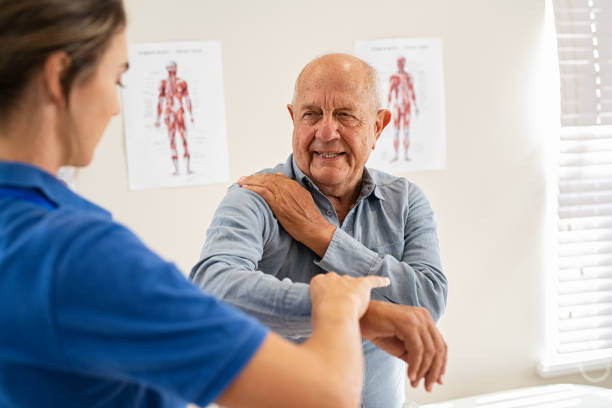
Risk factors for osteoporosis include:
Older age, small body frame, family history of osteoporosis, excessive alcohol use, smoking, lack of exercise, taking certain medications, especially steroids and some anti-seizure medications, thyroid disease, or parathyroid and/or adrenal disease, eating disorders, low calcium and vitamin D levels, postmenopausal women, women who have had early menopause or had their ovaries surgically removed before menopause, men who have low levels of the male hormone testosterone or have had prostate cancer treatment that lowers testosterone levels
There are often no warning signs of osteoporosis until a fracture occurs. However, there are many ways to help prevent, delay, and treat osteoporosis.
2. Elderly people supplement too much calcium - the benefits do not outweigh the harm
In middle age and beyond, supplementing too much calcium and vitamin D3 will do more harm than good. After middle age, bone degeneration is always stronger than bone synthesis.
In addition, for the elderly or patients with impaired liver and kidney function, the production of growth stimulants and growth hormones is reduced. The deficiency of these growth stimulants will lead to a deficiency of proteins that transport calcium into the blood, leading to limited calcium absorption.
Thus, for these subjects, even if calcium and vitamin D3 are supplemented, it is difficult to absorb into the blood and can also lead to excess calcium in the blood. Excess calcium in the blood can be harmful to the body, for example: causing kidney calcification, kidney stones, impaired kidney function, causing calcium disorders in the blood and heart rhythm disorders.
For older adults, calcium supplements are not only not helpful, but can even be harmful, says Dr. Samir Kapadia, director of the Department of Cardiology at Cleveland Clinic in Ohio. Too much calcium in the blood can weaken bones, form kidney stones, and interfere with heart and brain function. There is some evidence that high calcium intake is associated with brain damage.
In addition, large amounts of calcium release many different hormones that cause heart attacks, affect cardiovascular development... reduce the absorption of other minerals such as iron, zinc, magnesium, phosphorus...
3. Safe ways to increase calcium to prevent osteoporosis
Nutritional needs to optimize bone health can be easily met by a diet rich in fruits and vegetables (equivalent to 5 or more servings/day), an adequate but moderate intake of animal protein, and adequate calcium and vitamin D through consumption of low-fat dairy or calcium-fortified foods.
Food is the preferred source for maintaining calcium balance as there are other essential nutrients found in calcium-rich foods. For those who do not get enough calcium from their diet, calcium supplements can be used. If you are considering calcium supplementation, you should consult your doctor to assess your health condition and determine whether it is really necessary.
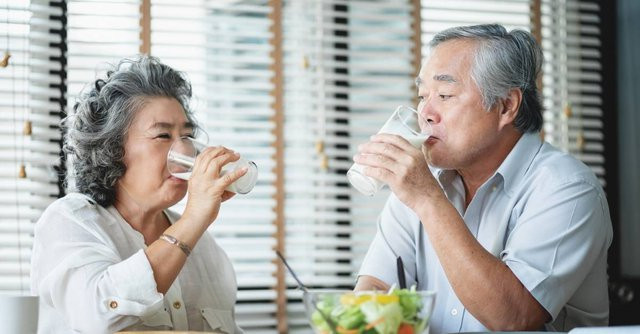
Calcium supplements or dietary intake should be spread throughout the day, with 500 mg or less consumed at each meal to optimize absorption. In all people over 70 years of age, vitamin D supplementation of at least 600 IU per day (maximum 1000 IU/day) is recommended, in addition to the calcium requirement of 1,200 mg per day.
Vitamin D is also fundamental to bone health, as it is required for optimal calcium absorption. Skin production of vitamin D also declines with age, so older adults need more vitamin D through diet or supplementation. Both calcium and vitamin D are important in regulating the age-related increase in parathyroid hormone and bone resorption.
Vitamin D from foods, supplements, and/or multivitamins can be used to meet vitamin D needs. Elderly people with malabsorption or alcoholism may need magnesium supplementation. Some older people with signs of poor nutritional status (low albumin levels) or after a hip fracture may benefit from protein and multivitamin supplements to ensure adequate intake of other nutrients.
Dr. Le Thanh Hai gives advice:
We can protect our bones by getting enough vitamin D and calcium, and eating a balanced diet that includes bone-healthy foods, including fruits and vegetables.
You should exercise regularly to keep your bones and muscles strong, avoid smoking and limit alcohol consumption. Remember to spend 15 minutes a day in direct sunlight, just that amount of time will provide enough vitamin D for the body for the day./.

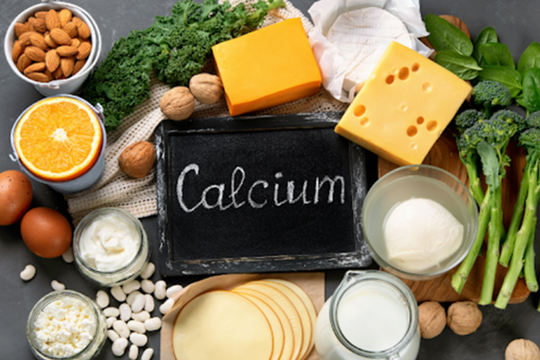
.png)

